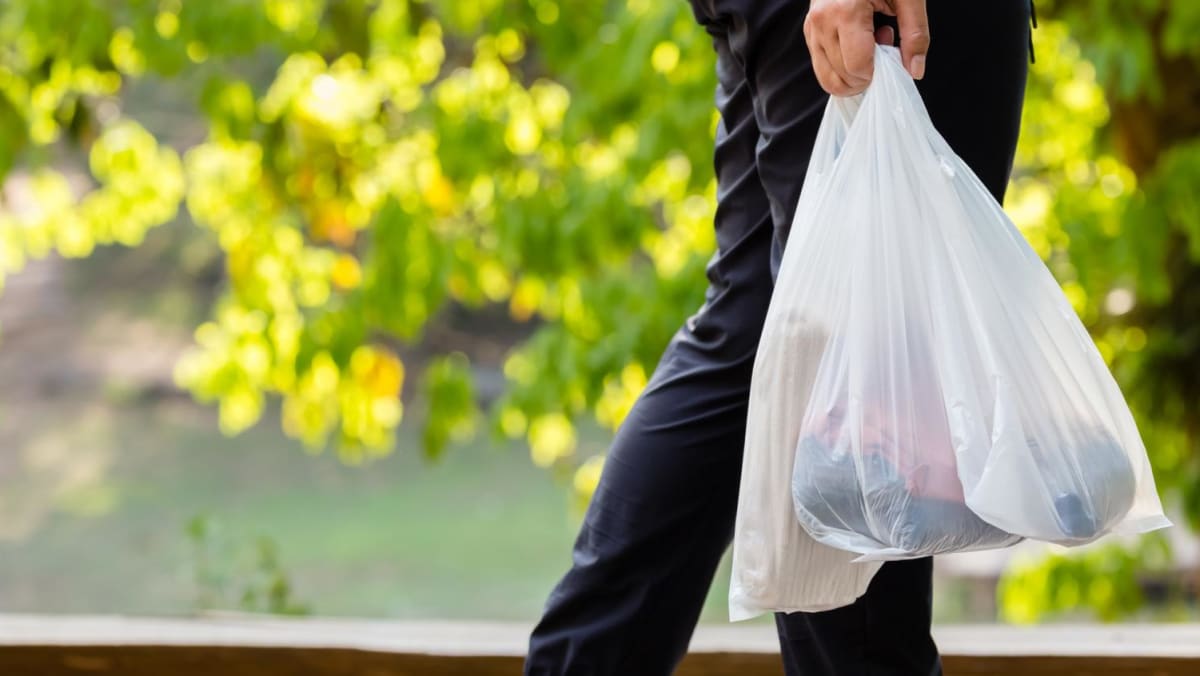CHANGE FROM THE GROUND UP
Habits will take time to form, with teething issues being part of the process. Every act of reuse chips away at our culture of disposability and influences how businesses respond. If enough people refuse plastic bags, carry reusable bottles, or sort their recyclables, businesses will take notice.
Going green requires a rethinking of our daily choices, but sustainability is not about being perfect – it’s about being consistent. We ran a 6-month pilot in Queenstown to test the belief that elderly residents are the least likely to recycle. But by the end of the pilot in 2023, we found the opposite.
Once participants were shown how to recycle properly, many picked it up quickly. If you think about your own grandparents, you may realise they do have the habit of saving recyclables like paper or washed containers.
What surprised us most was how invested the participants became: They formed their own informal watch group to remind neighbours to recycle. It was a heartening reminder that the needle is moving, even in generations that we assume are stubborn.
All in all, business or government policies on reducing waste are a first step, but real behavioural change comes through understanding – not just the “what”, but the “why”. Consumers need a realistic transition period to adjust and integrate new habits into their lives.
And at the consumer level, no effort is too small. As the saying goes: “It’s just one straw,” said 8 billion people.
Lionel Dorai is Executive Director of Zero Waste SG.
